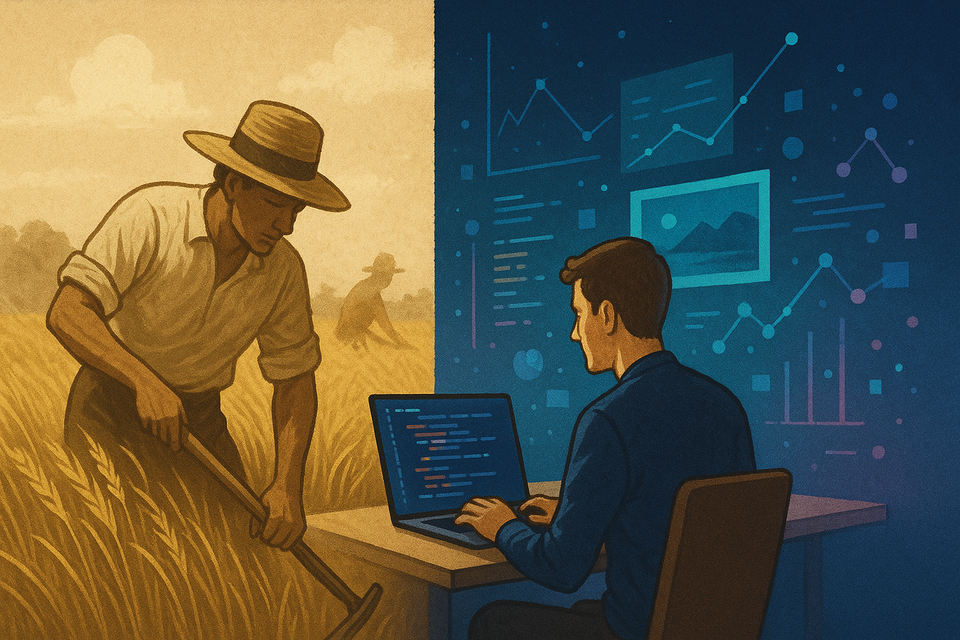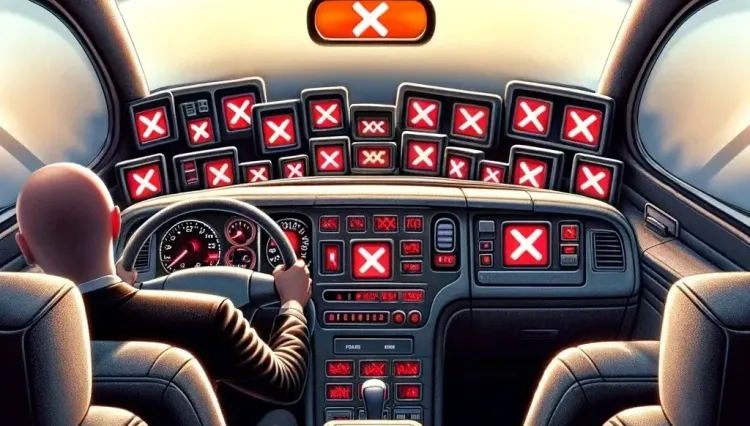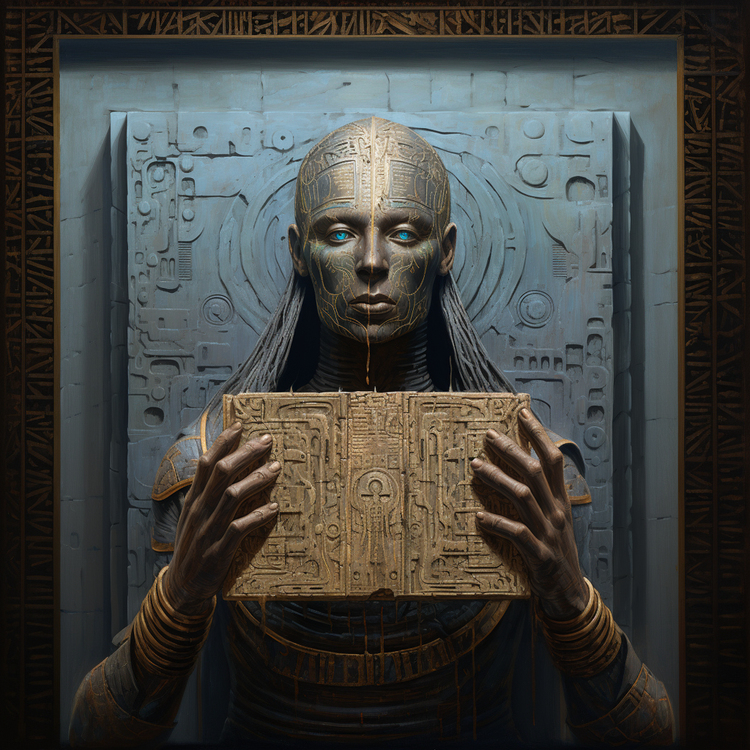From Job Fears to a New Age of Human Ingenuity

"Will AI steal my job?" This is the question people ponder nowadays all the time. My personal opinion is that AI won't take your job, but people who know how to use AI will.
I wrote those words back in September 2023, it feels like so far I was on the money. I see less and less of headlines and opinions like "AGI by 2025" or "AI will replace 95% of white collar jobs", and more on how using AI-powered tools helps professionals and companies be more efficient.
There are new AI-related roles emerging and existing ones are growing in demand. A year ago you wouldn't be able to find a job posting for "AI Engineer" and now it is one of the top postings in the Software Industry. The fact that those job posts also want you to have "at least 5 years experience with AI agents", but AI agents as a practical concept emerged with recent (~2-3 years) advancements in LLMs is beside the point.
I do not want to undermine the fears and actual effect such a quick development of this technology already has and will have on the job market. In 1870, almost 50% of the U.S. population was employed in agriculture; by 2008, that number was less than 2%. 25x reduction happened, it happened over a long period of time, still having dire consequences for a lot of people. Today AI proliferation "laughs" at that pace of change.
It scares me. The stress of missing out and inability to keep up with everything that is going on is daunting. With such a velocity of changes it might be unreasonable to expect that people will be able to adopt. Some might be able to augment their skill set, some might have to re-qualify completely.
We can't stop the progress, this simply is not possible, but we can adapt. We as individuals have no choice but to take actionable steps to learn new technology. As a society, we have to acknowledge and prepare for the impact to the workforce. At the end of the day, the cumulative output should at least stay the same, otherwise using a technology that is worse than people just does not make sense. If most people are unemployed, who will buy the products AI helps us make?
I choose to be excited and positive for the future. What is possible now, today, was not even imaginable in science fiction a few decades ago.
I grew up in Ukraine during the turbulent collapse of the Soviet Union. It was a mess; we had nothing. I saw a computer for the first time when I was around eight and, with the naïveté of a child who knew little of such things, I was utterly disappointed. In my mind, I'd pictured a magical, sci-fi robot I could talk to, one that might even do my dreaded homework for me! The actual machine was a far cry from that childhood fantasy, a stark reminder of how far technology has advanced since. That memory serves as a personal benchmark for the incredible progress we've witnessed.
A generation later, my unrealistic vision has become a reality. My nine-year-old daughter is vibe coding video games without knowing how to code, simply by describing what she wants.
That childhood dream of a machine that could help with my homework has become a reality for professionals everywhere. It's not here to 'steal' our jobs, but to free us from the mundane and empower us to be more creative and strategic. The key is to not be a passive observer. We must lean in, learn, and adapt. The jobs of tomorrow will be created by those who can partner with AI, leveraging its power to amplify their own skills. The path forward is one of continuous learning.


Comments ()